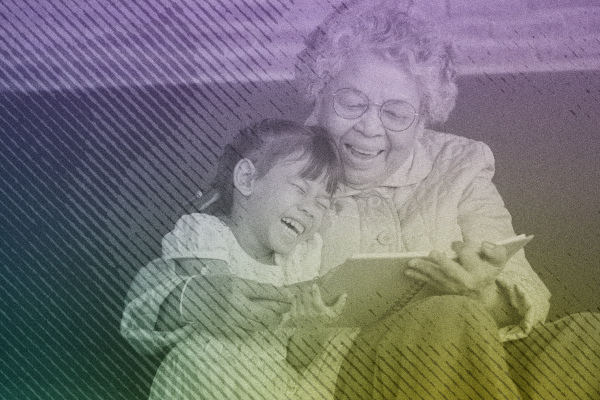Abortion rights, women of color, and LGBTQIA+ people are under attack. Pledge to join us in fighting for gender justice.

The United States has a long history of discrimination—racism, sexism (including transphobia and homophobia), and ableism—in housing and in the broader U.S. economy that causes women, women of color, disabled people, and LGBTQIA+ people to disproportionately face economic insecurity and struggle to afford basic necessities, like housing. Policies today still fail to address these deep structural inequities so that all people can meet their basic needs.
An expansive explanation of the historically discriminatory housing policies can be found in a 2022 National Women’s Law Center (NWLC) report, in collaboration with Insight Center and Groundwork Collaborative, The Roots of Discriminatory Housing Policy: Moving Toward Gender Justice in Our Economy. This issue brief updates and expands on renter data presented in the 2022 report and describes policy changes needed to create a more equitable housing system for women of color, disabled people, and LGBTQIA+ people.
Key Takeaways
- In 2023, more than 3.4 million single women and 1.6 million women raising children alone had extremely low incomes.
- Single women who rent continue to be more likely than men to spend more than half of their income on housing costs (being “severely cost-burdened”). In 2023, nearly 4 million women renters living alone and nearly 1.9 million women raising children on their own were severely cost-burdened.
- 50.9% of disabled single women and 56.0% of disabled single women raising children on their own were severely cost-burdened.
- Among single adult renters living alone, Latinas (45.2%), Black, non-Hispanic women (43.5%), Indigenous women (41.0%), AANHPI women (40.6%), and white, non-Hispanic women (40.4%) were more likely than white, non-Hispanic men (31.9%) to be severely cost-burdened renters.
- Among single adult renters raising children alone, AANHPI women (48.4%), Black, non-Hispanic women (47.9%), Latinas (45.2%), white, non-Hispanic women (42.4%), and Indigenous women (42.2%) were more likely than white, non-Hispanic men (25.1%) to be severely cost-burdened.
- In a 2024 nationwide survey, 73% of respondents supported making the wealthiest people and big corporations pay their fair share in taxes so we have more public dollars to support investments in truly affordable housing.
